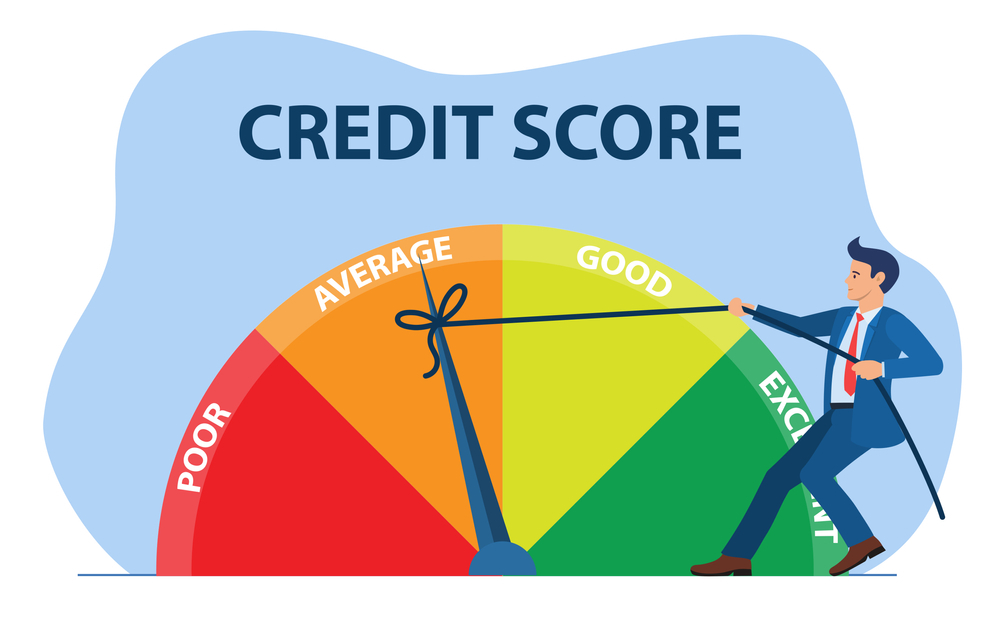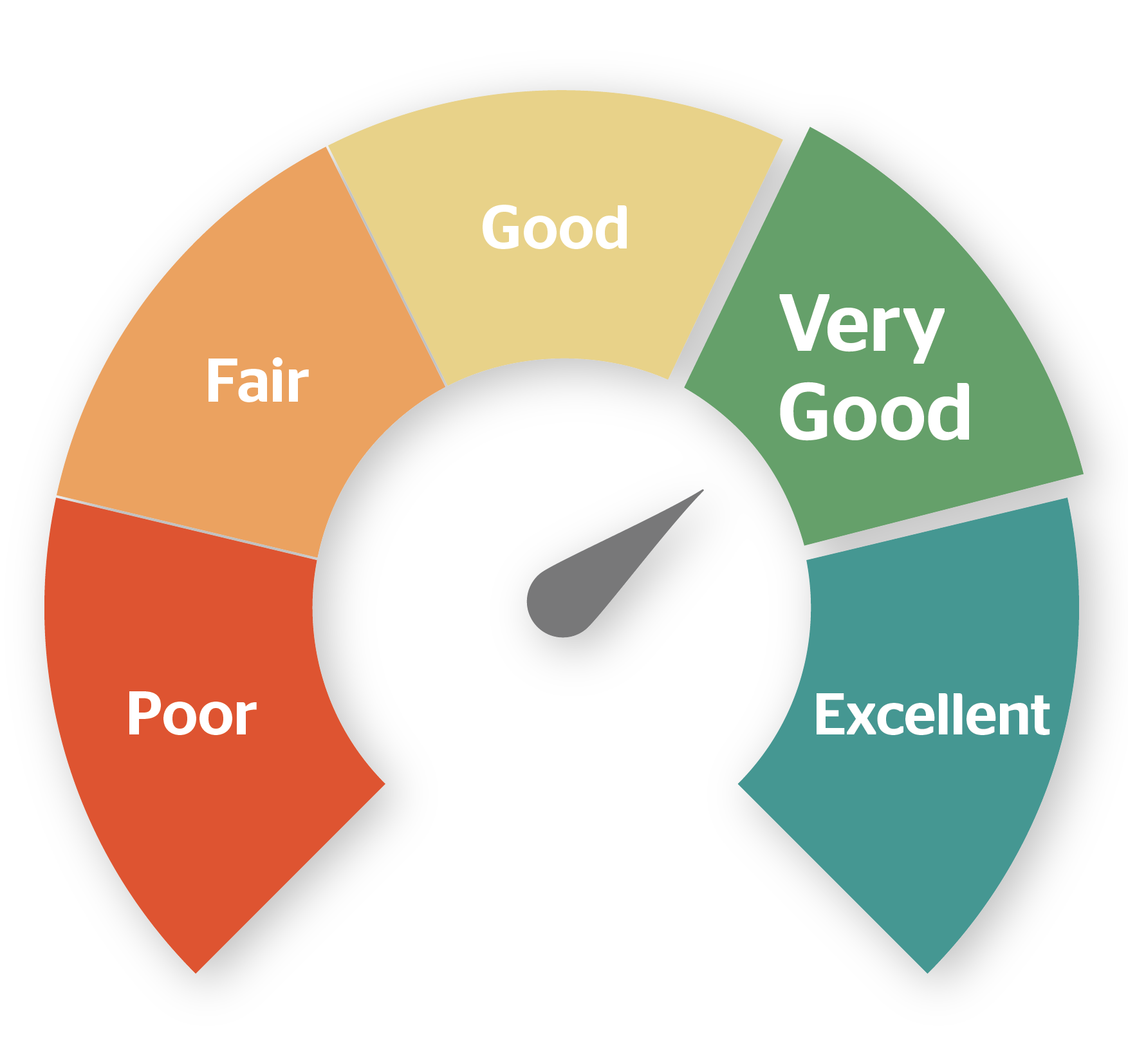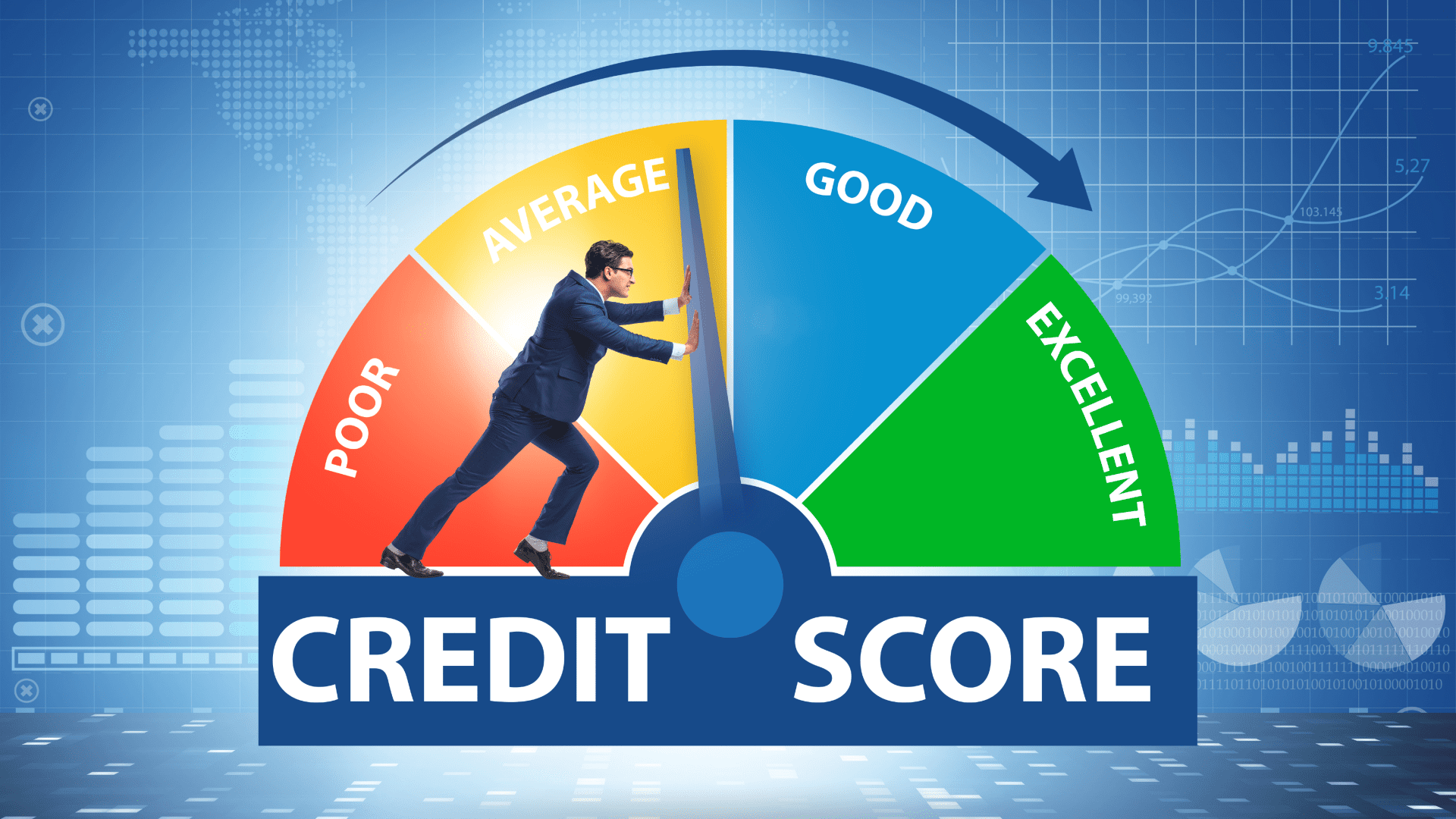Importance of Credit Score Improvement

Having a good credit score is crucial for financial stability and access to various opportunities. It reflects your creditworthiness and financial responsibility, impacting your ability to secure loans, credit cards, and even rental agreements.
Lower Interest Rates on Loans
Improving your credit score can result in lower interest rates on loans. Lenders use your credit score to determine the risk associated with lending you money. A higher credit score signifies lower risk, leading to better loan terms and reduced interest rates.
Benefits of Improving Credit Score
- Easy Approval for Credit Cards: A higher credit score makes you more attractive to credit card companies, increasing your chances of approval for new cards with better rewards and perks.
- Improved Mortgage Options: A good credit score can help you qualify for a mortgage with favorable terms, such as lower down payments and interest rates.
- Lower Insurance Premiums: Some insurance companies use credit scores to determine premiums. By raising your credit score, you may qualify for lower insurance rates.
- Enhanced Job Opportunities: Certain employers may check credit scores as part of the hiring process. A strong credit score can improve your chances of landing a job in industries where financial responsibility is crucial.
Understanding Credit Scores
A credit score is a numerical representation of an individual’s creditworthiness, which is used by lenders to assess the risk of extending credit to that person. It is calculated based on a variety of factors that reflect a person’s credit history and financial behavior.
Factors Influencing Credit Scores
- Payment history: This includes whether payments are made on time, any missed or late payments, and the severity of delinquencies.
- Credit utilization: The amount of credit being used compared to the total available credit limit can impact the score.
- Length of credit history: The longer the credit history, the more data available to assess creditworthiness.
- Types of credit in use: Having a mix of credit types such as credit cards, loans, and mortgages can positively impact the score.
- New credit inquiries: Opening multiple new credit accounts in a short period can have a negative effect on the score.
Difference Between FICO Score and VantageScore
The FICO score and VantageScore are two common credit scoring models used by lenders to evaluate credit risk, but they may weigh factors differently and have slightly different scoring ranges. FICO scores range from 300 to 850, with a higher score indicating lower credit risk, while VantageScores range from 501 to 990.
Strategies for Improving Credit Scores

Paying bills on time, keeping credit utilization low, and disputing errors on a credit report are essential strategies to improve your credit score.
Pay Bills on Time
One of the most important factors in determining your credit score is your payment history. Making timely payments on all your bills, including credit card payments, loans, and utilities, can have a significant positive impact on your credit score. Set up automatic payments or reminders to ensure you never miss a due date.
Keep Credit Utilization Low
Credit utilization refers to the amount of available credit you are using. Keeping your credit utilization low, ideally below 30%, can help improve your credit score. Try to pay off credit card balances in full each month and avoid maxing out your credit cards.
Dispute Errors on Credit Report
Regularly review your credit report to check for any errors or inaccuracies that could be negatively affecting your credit score. If you find any discrepancies, such as incorrect account information or late payments that you believe are inaccurate, file a dispute with the credit bureaus to have them corrected. Ensuring your credit report is accurate can help boost your credit score.
Impact of Credit Score Improvement

Improving your credit score can have a significant impact on your financial opportunities. A higher credit score opens doors to better interest rates on loans, increased credit limits, and access to more favorable terms from lenders.
How an improved credit score can positively impact financial opportunities
Maintaining a good credit score demonstrates financial responsibility to lenders, making you a more attractive borrower. This can result in lower interest rates on loans, which can save you money in the long run. Additionally, a higher credit score can lead to increased chances of approval for credit cards and other financial products.
How a higher credit score can lead to better insurance premiums
Insurance companies often consider credit scores when determining premiums for auto and home insurance. A higher credit score is typically associated with lower risks, leading to lower insurance premiums. By improving your credit score, you may be able to save money on insurance costs over time.
Discuss the long-term effects of maintaining a good credit score
Maintaining a good credit score over time can have lasting positive effects on your financial health. It can help you secure better terms on future loans, such as mortgages or car loans. A good credit score can also make it easier to qualify for rental housing or secure favorable interest rates on credit cards. Overall, a good credit score can provide stability and flexibility in your financial life.